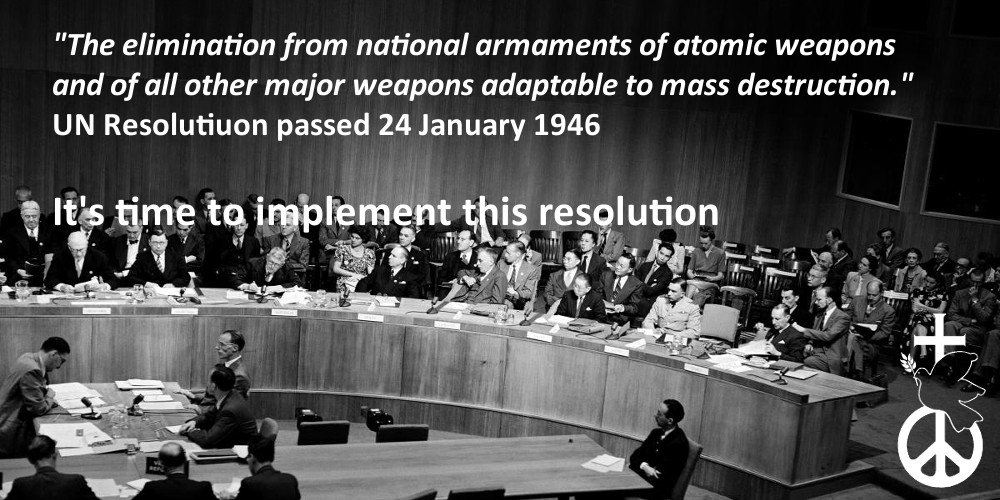Over the past six months, I have been studying for a Certificate in Justice, Peace and Reconciliation from the Leeds School of Theology. One of my recent lectures was about the Old Testament prophets. Before this year, I had never studied theology before, and I have to confess that the Old Testament had never featured heavily in my own Bible studies. However, I found this lecture absolutely fascinating, especially as I found obvious parallels between techniques the prophets used and techniques used in modern-day campaigning.
Firstly – what is a prophet? Prophets are people who felt called to call out. We often think of prophets as seeing the future, but a lot of the prophets’ visions came from noticing what was wrong with the world and how things would turn out if society carried on in such a fashion. They proclaimed and revealed divine will – that is to say, that discerned where God was calling the Church and the world, and told people. Often people didn’t want to hear this, so the prophets spoke truth in a culture of denial – calling out politicians and lawmakers, and calling the church to act justly. We often see prophets as doom sayers, but in actual fact the Old Testament prophets brought hope into what was largely a culture of despair – bringing the Good News of Christ into a broken world.
In order to get their message across, the prophets used a variety of techniques, not dissimilar to strategies used in modern day campaigning. Here are some examples:
Images that are memorable
Malachi 2:3 says, “Because of you I will rebuke your descendants; I will smear on your faces the dung from your festival sacrifices, and you will be carried off with it.”
An example of a modern-day campaign that creates a memorable image is Greenpeace’s campaign to end Lego’s partnership with Shell from 2014. The video went viral and was watched by over 6m people in the year of its release. The video, entitled “everything is NOT awesome” and featuring a poignant cover of the Lego movie’s theme song, showed beautiful Lego scenes being flooded with oil – definitely a scene that stuck in people’s heads! And one that was successful, leading Lego to end their partnership with Shell.
Messages for the heart
Ezekiel 16:7 says, “I made you thrive like a plant of the field. You grew up and matured and became very beautiful. Your breasts were formed, and your hair grew, but you were naked and bare.” This is a message that warms the heart. In a modern-day parallel, the message “a dog is for life, not just for Christmas” is one that is well known around the UK as the tag line of a Dogs’ Trust campaign. People love dogs, and imagining what happens to a dog that has only had a home for Christmas really tugs at your heartstrings.
Images that are shocking
In Jeremiah 13:16, the following image is used: “I will pull up your skirts over your face that your shame may be seen.” We can only imagine what shame they may be talking about, which is shocking!
When I thought of a modern-day campaign that had really shocked me, I instantly thought of Shahak Shapira’s Yolocaust campaign, which I had studied during my degree. The Israeli-born, Berlin-based artist became angry at the way people were using Berlin’s Holocaust memorial as an aesthetic background for selfies and Instagram pictures, seemingly without respect or awareness for where they stood. His response was to photoshop their images over images from the Holocaust – creating a series of very shocking images.
Images that recall the Israelites
Zechariah 10:11 says “They will pass through the sea of trouble; the surging sea will be subdued and all the depths of the Nile will dry up. Assyria’s pride will be brought down and Egypt’s sceptre will pass away.” This would have recalled the plight of the Israelites, and to the original audience would have made it easy to relate to. Whilst nowadays, we may not relate to the Israelites in the same way, using familiar imagery is certainly something we see. In 2015, Save the Children took part in the One Second a Day video trend that was doing the rounds on social media. This video showed a young girl in London whose happy life quickly descended into a fictional war. This played on familiarity in two senses – it recalled the One Second a Day videos people had already seen, and brought the concept of war into a more familiar setting – the UK itself.
A final note
It’s important to note that prophets are only part of the story, and people are called by God in many different ways. Any movement or campaign requires people with a diverse range of skills. We also need apostles (people who start new initiatives), evangelists (people who proclaim the good news of Jesus), shepherds (who offer pastoral comfort) and teachers (who communicate what we should do).
As a closing remark, I ask you to think about campaigning work you are involved in and networks you are a part of – whether that’s related to Christian CND or further afield. How are you speaking truth in a culture of denial? Enacting hope in a culture of despair? Proclaiming and revealing divine will? How are you using the techniques the prophets used? And how are you making sure that everyone is included in your work and using their skills in the best way possible?




